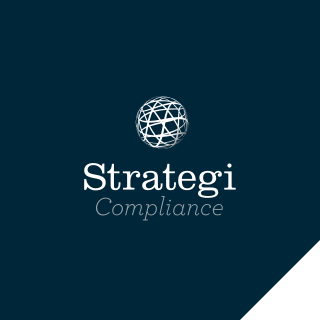New Zealand’s AML/CFT regime has now been around for eight years, and you will no doubt have noticed through recent media reports that the AML/CFT regulators focus has been ramping up with more enforcement actions taking place.
James Greig, the FMA’s Director of Supervision, made a point in this report to say, “Businesses have had plenty of time to comply with the regulations. Accordingly, we have now less tolerance for companies not meeting their obligations”. He goes on to say that the FMA will continue to apply a risk-based approach to monitoring reporting entities and that they intend to perform desk-based and onsite reviews for longer durations. This will include more in-depth assessments of customer onboarding, account, and transaction monitoring, and reporting of suspicious activity to the Financial Intelligence Unit (FIU).
The report identifies several areas of continual non-compliance and anyone who has anything to do with AML/CFT compliance should not be surprised. With a list of areas that have been repeatedly discussed one suspects their patience is running thin!
Let’s look at the main area identified as non-compliant a little deeper.
Core documents: risk assessment and AML/CFT programme
This has been an issue since day one of the AML/CFT laws being introduced. It comes back to the simple fact that a significant percentage of risk assessment and compliance programme documents are not business specific.
Many are template based, which is fine, but not tailoring them sufficiently to describe the specific risks to the business and how these risks are mitigated is what is currently frustrating the AML/CFT supervisors.
If we can provide any practical advice, it would be to ensure that whoever is responsible for maintaining these documents reads all the guidance and reference material (including regular updates) available from the supervisors. This will help ensure minimum standards are met.
We also recommend you keep up to date with information from other contributing parties like the NZ Police and the FIU. Information from these organisations will help you to:
- Update your knowledge of the latest money laundering and terrorist financing techniques used by criminals.
- Create a ‘real world’ feel to your documents and processes.
- Enable you to test your updated documents against the current risks identified and make amendments as needed.
Remember our team are here to help. Whether it’s a quick review of your existing templates or more detailed help to tailor them to your specific business don’t leave it to chance. Get in touch today.


